Over the past 140 years since Carl Benz built the first gas-powered car, several crucial modifications have been made to the original design. However, the era of gasoline engines may finally be coming to an end.
Now that the world is desperate to find new ways to save the planet, gas-powered cars aren’t just becoming less popular; they’re actually on their way to becoming illegal. In fact, nine states have already planned to ban all new gasoline-fueled cars by 2035.
California Is Leading the US in Green Energy Initiatives

Since it became glaringly apparent that human beings are killing the planet they live on, governments around the world have been hard at work, trying to combat years of pollution and actively find ways to cut back or completely eliminate fossil fuels.
Each state in the United States has its own plans for promoting sustainable energy and minimizing carbon emissions over the next decade. But of all 50 states, California is unquestionably leading the pack.
The Golden State’s Advanced Clean Cars II Act

One of the Golden State’s plans to reduce carbon emissions within the state is to eliminate all gas-powered vehicles as soon as possible.
According to the Advanced Clean Cars II Act, “By 2035 all new passenger cars, trucks and SUVs sold in California will be zero emissions.” The state plans to ensure there are still enough cars for purchase by “ramp[ing] up to 100% zero-emission vehicles.”
Eight Other States Have Followed Suit
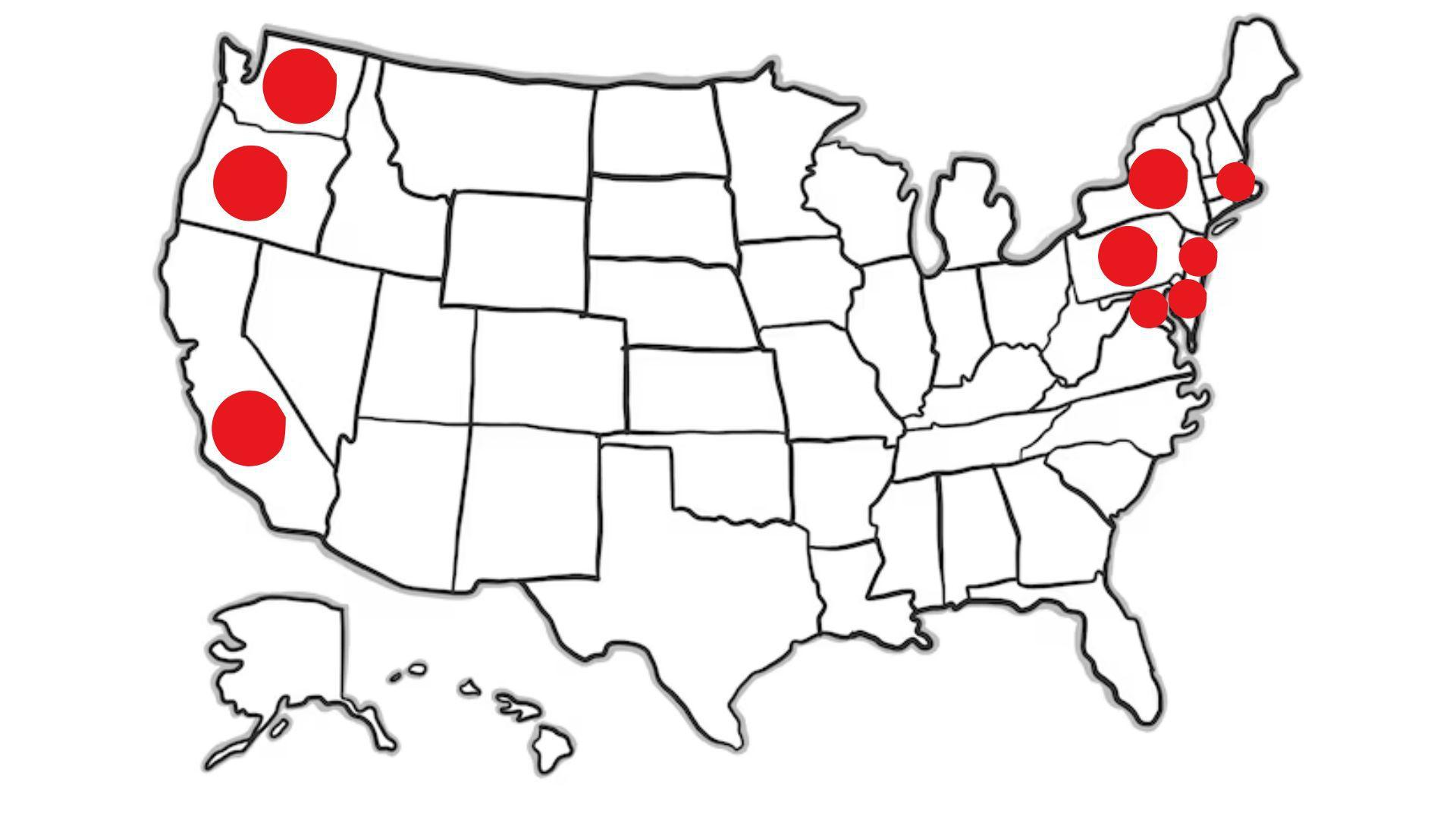
Since California passed the legislation in 2022, eight other US states have applied the same, or at least a very similar plan.
Rhode Island, Oregon, Washington, New York, New Jersey, Massachusetts, Delaware, and Maryland all plan to completely outlaw the sale of new gasoline-powered vehicles by 2035.
Details of the No-New-Gas Cars Plan
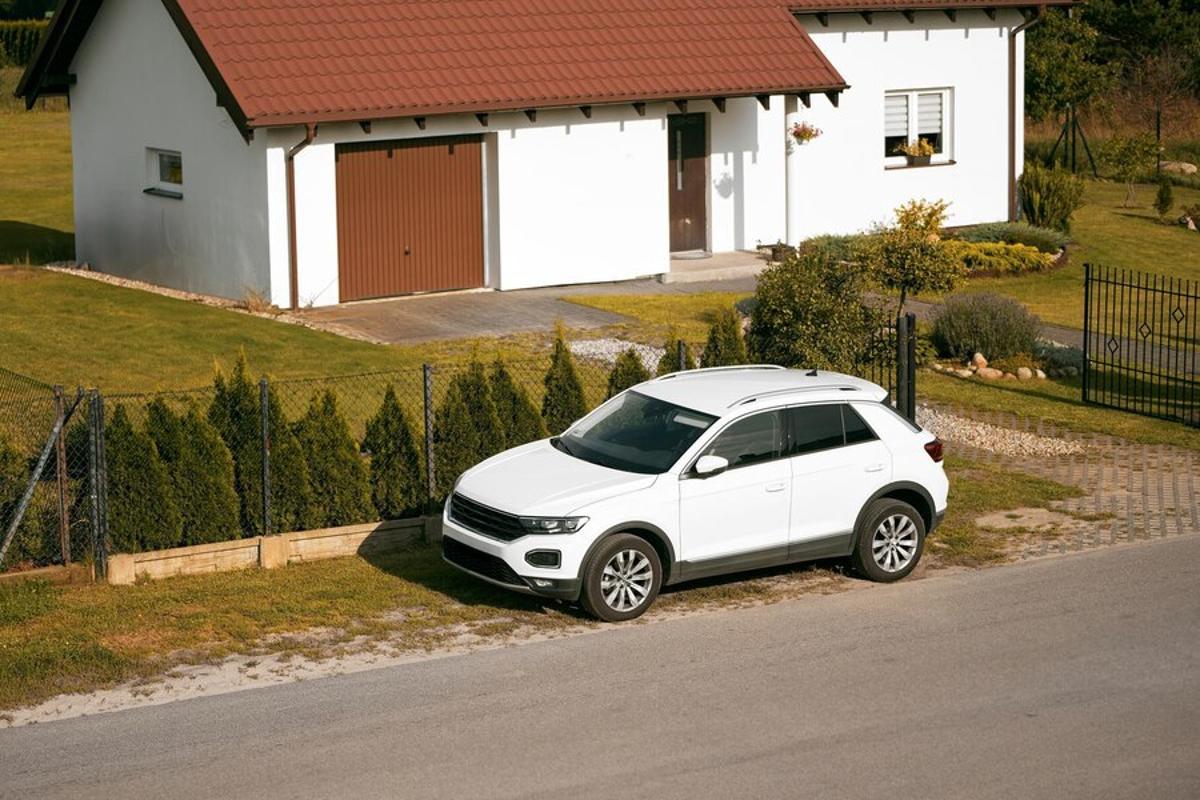
While it may seem extreme, the new legislation has a few caveats that will put residents of these nine states at ease. First and foremost, the governments will not be forcing automobile owners to retire their gas-powered vehicles at any point in time.
Second, residents will not be required to purchase an electric vehicle if they need a new car. It will remain legal to own a gas-powered car and even to purchase or sell one. However, no new gas-powered cars will be available for sale in these states after 2035.
Used Cars Will Still Be Available for Purchase

But that means that only the gas-powered vehicles already in circulation will be available for purchase. For anyone who wants to buy a “new” gas-powered vehicle, the only option will be a pre-owned car.
Additionally, several states have stipulated that residents can still purchase new gas-powered vehicles from other states and register them in their home state. However, they must meet specific emissions standards.
Environmentalists Are Thrilled by the Adaptation of California’s Advance Clean Cars II Rule

According to the US Energy Information Administration (EIA), “in 2022, U.S. motor gasoline fuel consumption in the U.S. transportation sector resulted in the emission of about 1,023 million metric tons (MMmt) of carbon dioxide (CO2).”
The EPA reports that it accounts for 29% of “total U.S. greenhouse gas emissions, making it the largest contributor of U.S. GHG emissions.” So, environmentalists around the country are thrilled with the prospect of eliminating a significant portion of the country’s fossil fuel emissions solely through stopping the sale of new gas-powered vehicles.
Other Americans Are Far Less Excited About the Legislation

However, many other Americans don’t agree that the Advanced Clean Car II legislation is the best plan for the country as a whole, including its consumers and its economy.
Those who are arguing against the plan, such as Ray Cantor, the chief deputy government affairs officer from The New Jersey Business and Industry Association, say that the law is an obvious example of “bureaucratic overreach.”
More Infrastructure Is Necessary Before America Can Transition to EVs
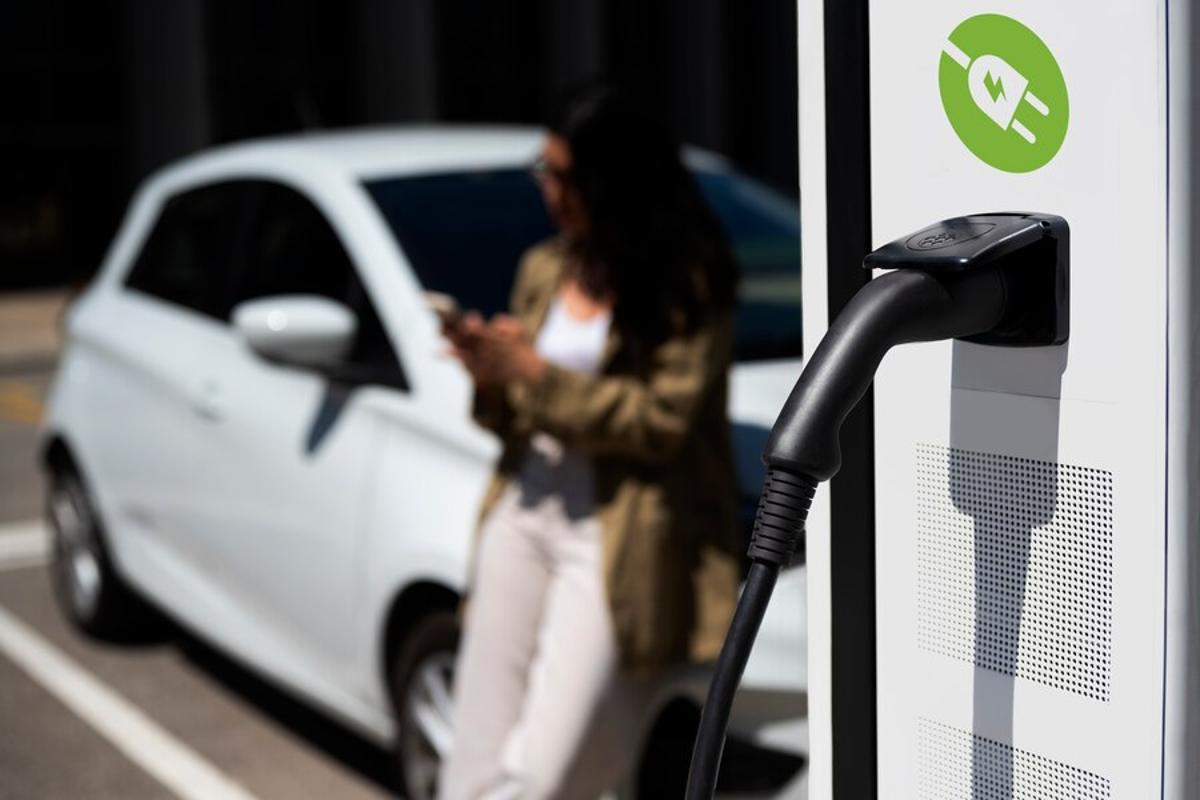
Cantor continued, “There’s nothing wrong with working to reduce carbon emissions. And the marketplace would have likely seen a natural increase of EV users with an organic time frame to build appropriate capacities. But the near-term, targeted mandates will increase the prices of both new and used gas-powered cars.”
He also noted that America’s infrastructure is nowhere near ready to handle millions of electric vehicles on the road, saying, “[The Advanced Clean Car II Act] does not take the lack of local and highway infrastructure into account. It does not take grid capacity into account.”
President Biden’s Dedication to Cutting Out Gas-Powered Vehicles

However, while quite a large number of Americans are against the act, millions more are absolutely for it, including President Biden himself.
While individual states are passing their own legislation to stop the sale of new gas-powered vehicles by 2035, the President has bigger plans for the nation. In fact, Biden wants two-thirds of all American-made cars to be electric vehicles by 2032.
The EPA Has Plans of Its Own
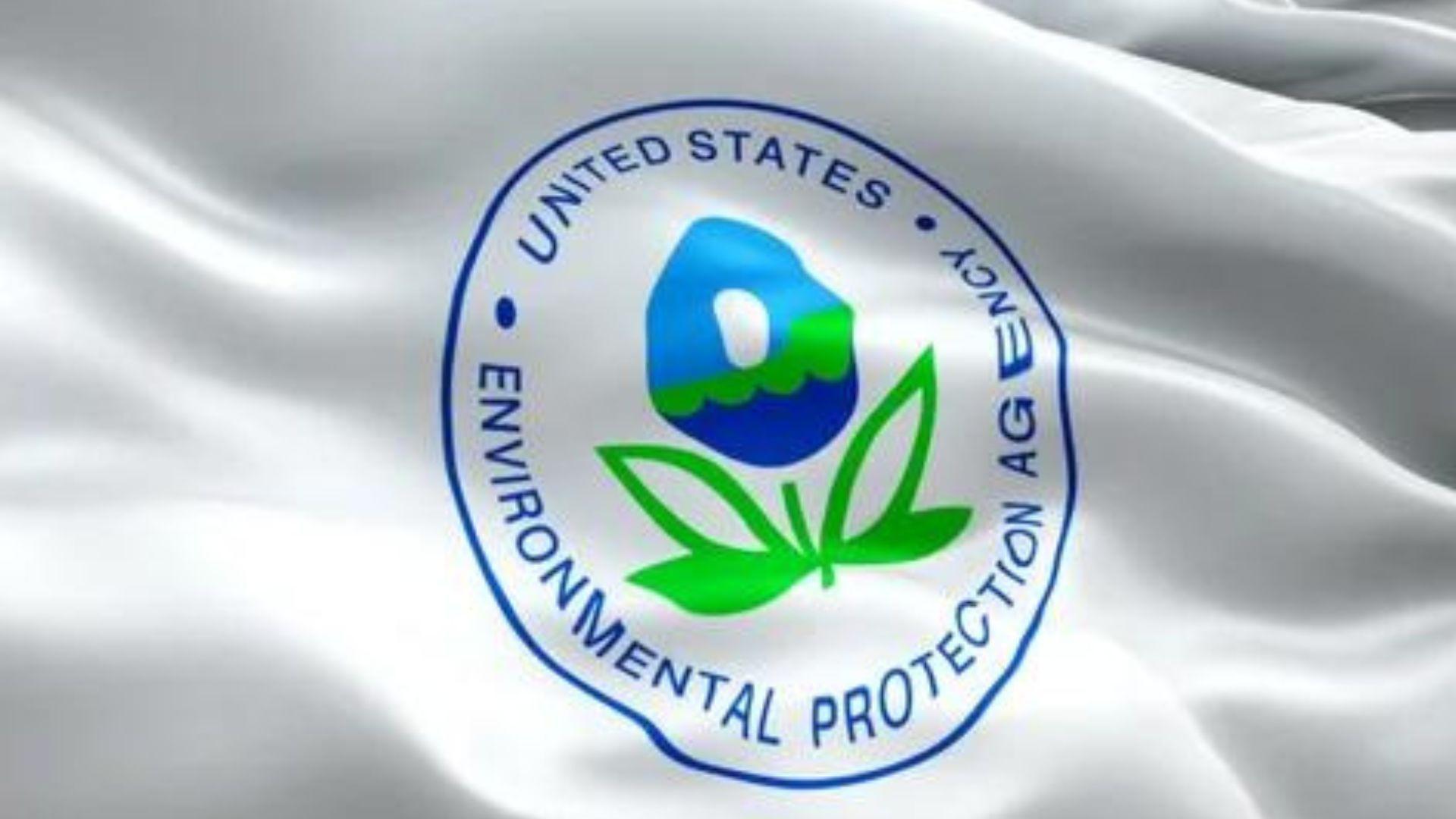
Meanwhile, the Environmental Protection Agency (EPA) has yet another kind of plan to try to diminish the immense amount of fossil fuels being released into the atmosphere by gas-powered vehicles.
The EPA passed a law in 2023 that increased pollution standards for all vehicles made in the USA after 2027. This law will essentially strong-arm auto manufacturers into making EVs instead, which of course, is what the EPA wanted in the first place.
Are Electric Vehicles the Future of Transportation in America?
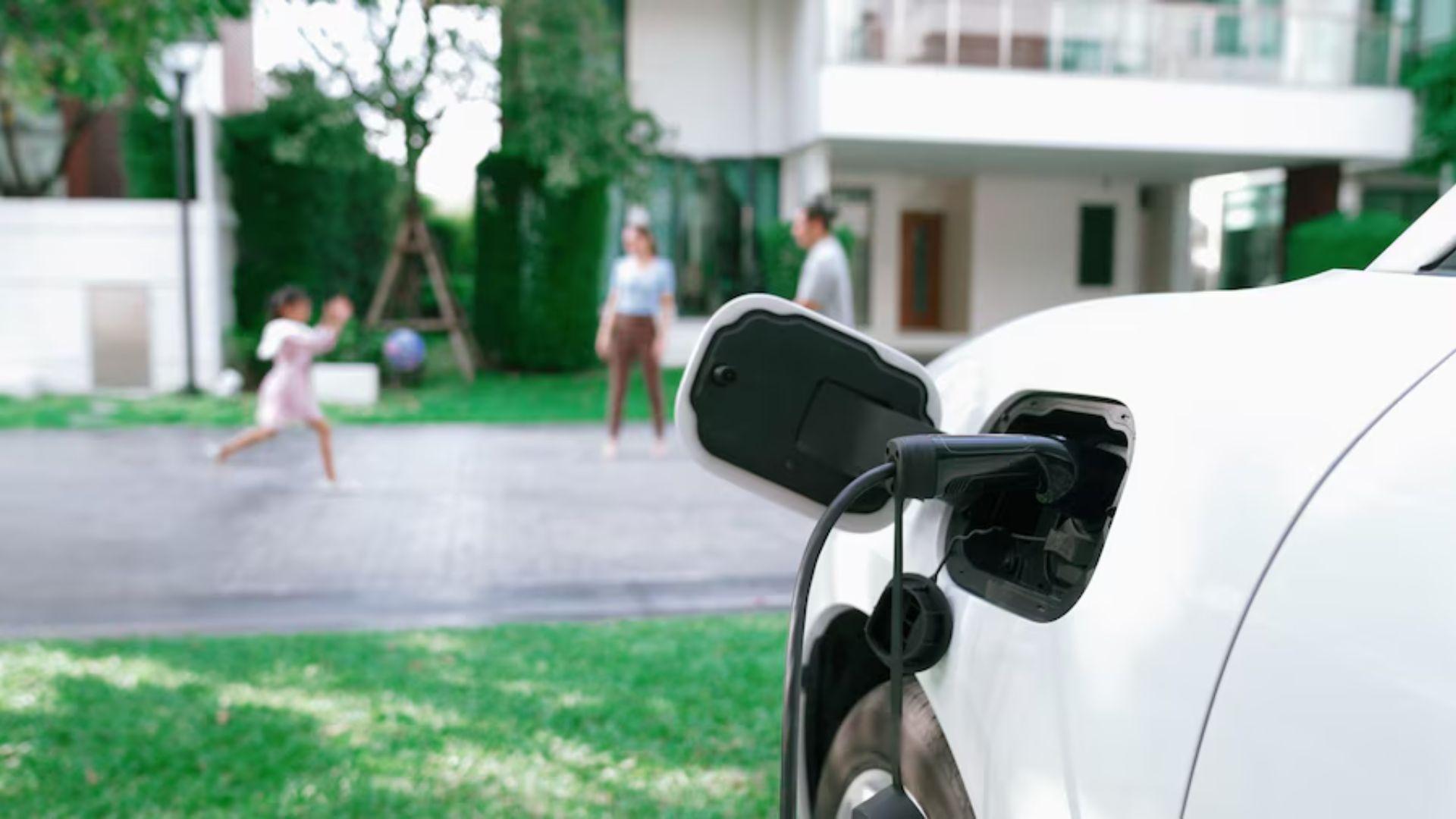
America is one of the largest contributors to pollution on the planet. And there is no doubt that the planned and upcoming legislation put forward by the federal and state governments will help combat the effects of climate change.
However, there are many who wonder if forcing electric vehicles on the American people will even work. Its citizens famously fight back against any government mandates, and even though EVs are proven to be better for the environment, there may still be a significant amount of pushback over the next decade before these legislations even begin.
